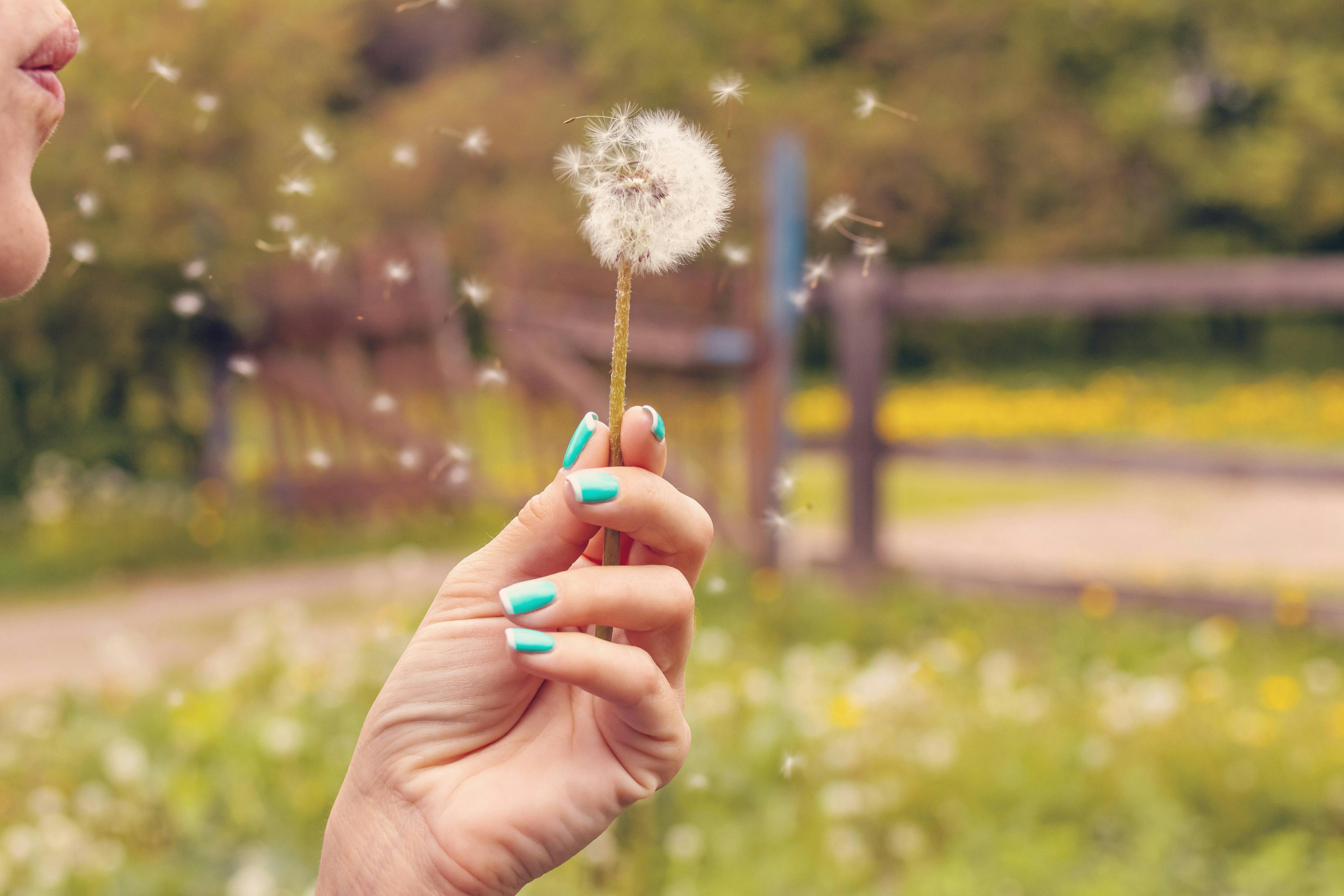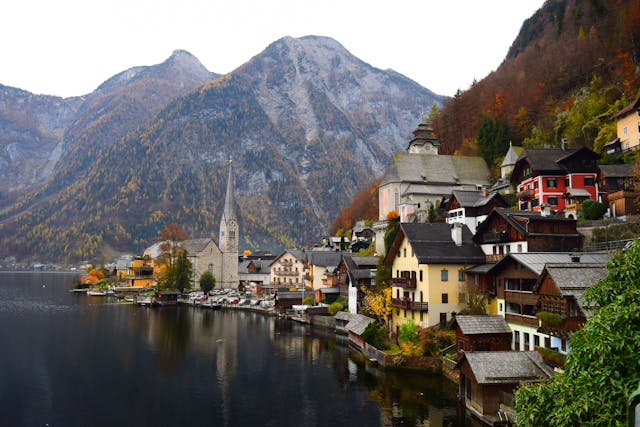Allergy season started earlier than usual

Фото: Artem Beliaikin, Unsplash
This was officially announced by Farah Hannachi, Chief Medical Officer of the Department of Immunology at CHL. According to the doctor, the tendency to accelerate flowering is not new. The first signs of pollen in the air can be detected as early as the end of December.
Of course, this depends largely on the weather conditions. And it is this particular combination that has the most detrimental effect on people with acute reactions to allergens. Ideally, wet and warm weather stimulates plant bloom, and this is the type of allergy that is most difficult to protect against. And while food or drug allergies are easy to avoid, you can't hide from pollen. We wrote about this problem in an earlier article.
Fighting allergies is also very difficult. And considering that 80% of the country's population suffers from them or is predisposed to them, it is also physically almost impossible for the health system.
To reduce health risks, doctors recommend keeping a close eye on your health. The tricky thing about allergies is that they can easily be mistaken for a cold or viral infection..
Because respiratory allergies primarily affect the nose and airways, people often don't know how to react. They write off nasal congestion, itching, sneezing, and difficulty breathing as other illnesses, often not realizing that these symptoms only occur in sunny, warm weather when the air is dry and the barometric pressure is low and pollen can actively spread. Birch (birch, alder and hazel) and cereal grasses are particularly dangerous. Birch allergy can also trigger some types of food allergies.
In any case, if you experience breathing problems, itching and swelling while walking, consult your doctor. You can also monitor pollen levels in the air at pollen.lu. Do not let the story go to waste, as complications can have tragic consequences. Nasal irrigation with saline, antihistamines and wearing a medical mask when outdoors can also help in the event of an allergy exacerbation.





